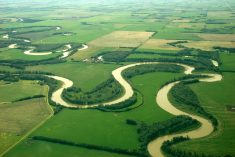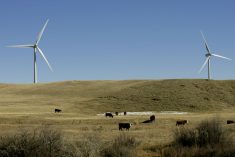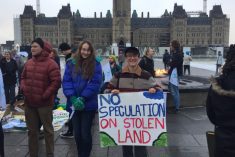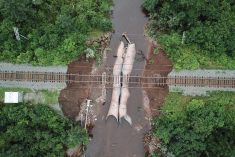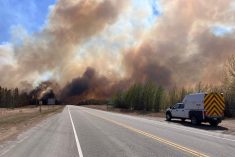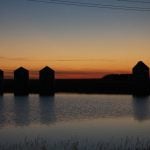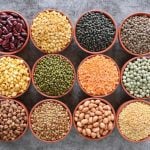Saskatchewan’s latest budget taps down the education property tax (EPT) mill rate it sets on farmland, while raising those mill rates on other property classes.
The provincial government, in Tuesday’s budget, set the provincewide EPT mill rate on agricultural land for 2021 at 1.36, down slightly from the previous rate of 1.43.
EPT mill rates for 2021 will otherwise increase on residential (4.46, up from 4.12), commercial/industrial (6.75, up from 6.27) and resource (9.79, up from 9.68) land. The province’s EPT mill rates in all categories had been unchanged since 2017.
The changes comes as Saskatchewan property owners see a revaluation on their land in 2021, using Jan. 1, 2019 as the base date for assessment values. All properties in Saskatchewan are revalued once every four years.
Read Also
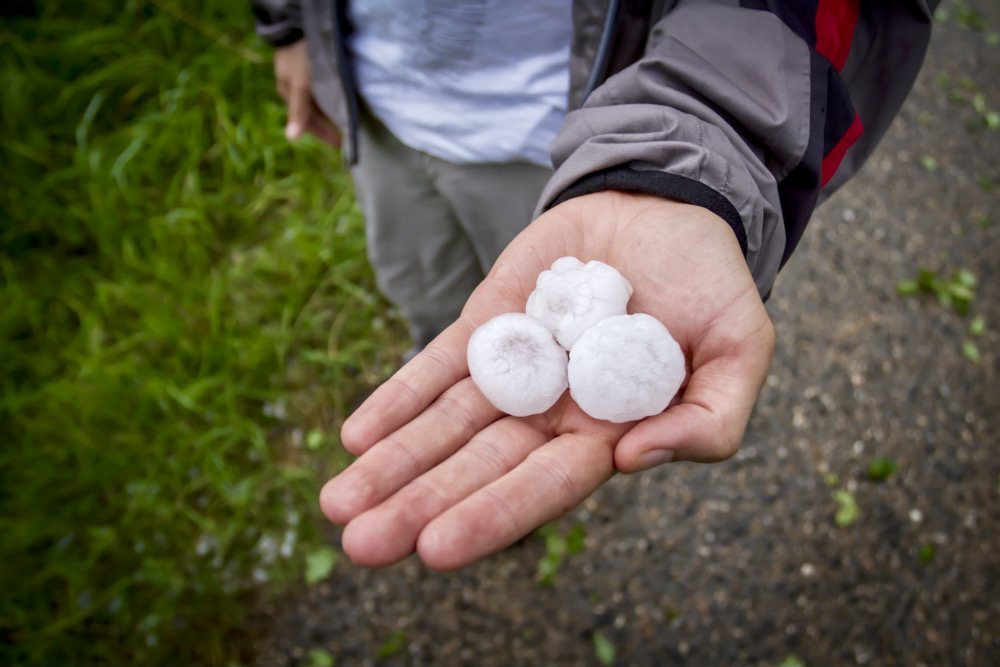
Mixed year for hail claims across Prairies: CCHA
The 2025 crop year was an average year for hail across the Canadian Prairies, with overall claim numbers down slightly compared to last year, reported the Canadian Crop Hail Association (CCHA).
Since the 2017 revaluation, the taxable assessment of ag properties has increased, while the taxable assessments of the other property classes have declined, the province said Tuesday.
“As our government continues to provide increasing support and funding to our education system, the province will be slightly adjusting its EPT mill rates to align with year-over-year inflation,” Government Relations Minister Don McMorris said in a release.
EPTs, he said, “will continue to be significantly lower than when our government took office in 2007.”
The Saskatchewan government redesigned its EPT system in 2008-09, a move it said “significantly” lowered educational property taxes starting that year.
The province noted the 2021 revaluation also follows its recent decision to cut the percentage-of-value taxable assessment rate for commercial/industrial and resource properties to 85 per cent, down from 100 previously.
For farmland, those percentages of value are 45 per cent for rangeland and pasture, and 55 per cent for cultivated land. For residential property, it’s 80 per cent.
‘Record coverage’
Meanwhile, Finance Minister Donna Harpauer’s 2021-22 budget on Tuesday projected the province’s agriculture-related spending at $879.3 million for the year, up $80.5 million from the year-earlier budget’s figure.
That increase, the province said, will be “primarily due to $73 million in higher crop insurance expense resulting from a higher insured liability and increased AgriStability payments, as well as increases for AgriInvest and Agricultural Water Development projects.”
The province’s ag budget “will once again fully fund business risk management programs, provide a record level of per-acre coverage under the crop insurance program, continue last year’s record investment in agriculture research, and make important investments in irrigation expansion,” Agriculture Minister David Marit said Tuesday in a separate release.
The expected increase in AgriStability payments follows last month’s agreement between the federal and provincial governments to withdraw that program’s reference margin limit.
The province also noted its 2021-22 crop insurance program is set to include more options for insuring tame hay acres; increased Native Forage Establishment Benefit coverage; a Commercial Vegetable Pilot Program; increases to the establishment benefit values for canola, lentils, chickpeas and corn; and updates to the base grade for large-seeded Kabuli chickpeas.
Agriculture-themed spending is expected to form 5.1 per cent of total provincial expenses — which are expected to come in at $17.09 billion, against $14.48 billion in tax and resource revenue, federal transfers and other revenue, for a 2021-22 provincial deficit of $2.61 billion. — Glacier FarmMedia Network




